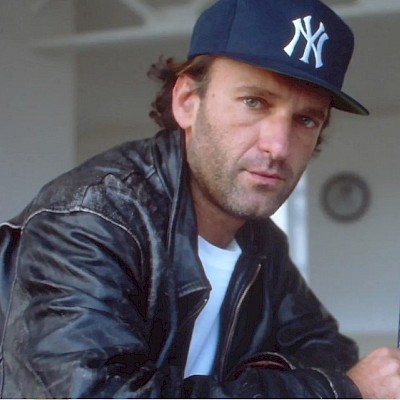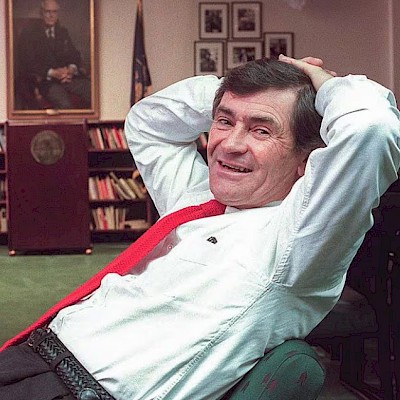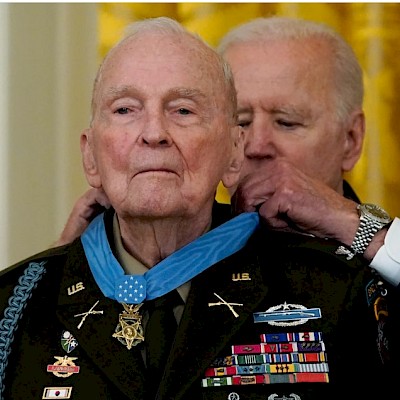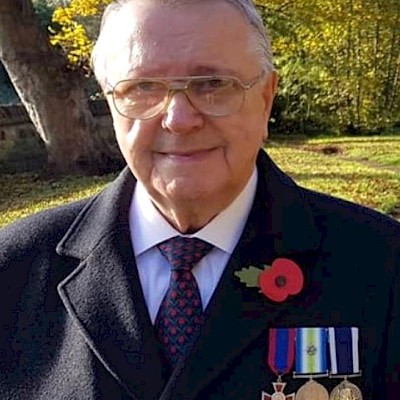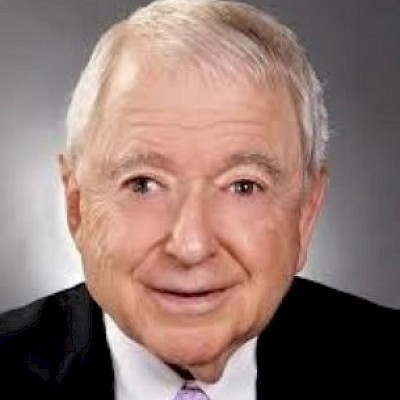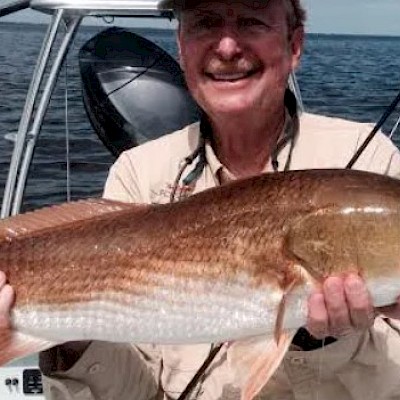
Norm Zeigler
Norm Zeigler had no secret fishing spots.
Inventor of one of the most used flies in the history of fly fishing, Zeigler was known for passing on his free fishing knowledge in a sport that's often thought of an exclusive extension of angling reserved for the rich and retired.
The famous Sanibel Island angler and businessman died early Monday at his partially rebuilt home on Sanibel Island from complications related to Parkinson's.
Born on July 10, 1948 on Cape Cod, Zeigler, 75, worked as a travel and outdoors writer and editor for most of his life, and he was known locally as the forefather and big promoter of fly fishing for snook, especially from beaches like Sanibel Island.
"He was so king and big-hearted and that's why he was so successful," said his wife of 39 years, Libby Grimm. "He believed in no secret spots, even before he opened the fly shop."
He is survived by Libby, son Travis Zeigler of Sanibel, daughter, Katrina Sherman (Hunter), and three grandchildren, of Austin, Texas. He is also survived by his sister and three brothers, and many nieces and nephews.
Zeigler spent much of his professional life as an outdoors and travel writer and editor for Stars and Stripes, a military publication based in Germany.
There, he roamed across much of Europe, hunting and fishing some of the most beautiful landscapes the continent has to offer.
Zeigler came down with Lyme disease, and in 1994 his doctor advised that he move to an area like Florida for its temperate climate and clean air.
He did, but he also lost trout fishing, which had become an obsession over the decades.
"He was so sick he would cast from the beach, and then he realized he could catch snook from the beach," Libby said. "Then he wrote the book that revolutionized the fly fishing industry because you didn't need money to pay for a guide."
Norm Zeigler's Fly Shop opened in 2009 along Periwinkle Drive, and the fly fishing atmosphere there inspired a generation of guides in Lee County to follow Zeigler's lead.
He sold the shop in 2021 after being diagnosed with Parkinson's.
"He didn't make it three years and (Hurricane) Ian didn't help because we lost everything in the world," Libby said. "It was a 6-minute walk to the Gulf, and it was a great house until Ian."
Hurricane Ian made landfall on their 38th wedding anniversary, Libby said.
Daniel Andrews, co-founder of Captains for Clean Water, worked at Zeigler's fly shop for several years while he was in high school.
"I met Norm before I had my driver's license," Andrews said. "I must have been 13 or 14 years old."
He said Zeigler was an advocate for fly fishing and he fought to break down economic barriers that keep many people from enjoying the sport.
"The thing about Norm was he was incredibly empowering to people: Anybody can pick up a fly rod and you don't need the fanciest setup out there," Andrews said. "The most notable thing about his is he worked to remove boundaries and he wanted people to find the peace and connection to nature."
Andrews described Zeigler as a serious fisherman who wanted his friends and guests to experience the joys he had come to know on Sanibel.
"When you were on the water with him, he had a sense of seriousness and there wasn't a lot of words said," Andrews said. "He just wanted you to have the same experience he did. The real drive for that was the peace and serenity that he had while fly fishing the beaches."
Long-time friend and fellow fly fisherman Bob Brooks said Zeigler's shop was key to starting a unique fishery on Sanibel.
"There were a few people who were doing it but they were very quiet about it," Brooks said. "Norm was the one who started writing about it and developed the Schminnow and he was probably the first people who really went after it and told people about it. Then people started to come to Sanibel just to do that and they still do."
Zeigler was featured in a recent Flyfisherman.com article on his life and passing.
Calusa Watekeeper and fishing guide Codty Pierce, 33, worked at Zeigler's shop as a teenager, and he credited Zeigler with making Southwest Florida waters famous.
"He's really the one who bridged the gap and told normal people they could sight fish for tropical gamefish on Sanibel Island," Pierce said. Sight fishing is a visual method where fish are spotted and then cast to. "Not only was it his business but he went out of his way to give casting lessons and encouraged people to go out and try it. He founded the Sanibel Fly Club and they really are a staple of the community." Pierce said Zeigler was a leader in the fishing community and just a genuinely good person.
"What started as hanging out on a dirty old couch turned into a group that got together for fly fishing because we were passionate about it, but that turned into more beautiful things like helping Boy Scouts and doing work inside Ding Darling and that was all the brainchild of Norm," Pierce said. "His book was a gamechanger for this area because it really put us on the map. The only thing that's rivaled his book is the tarpon fishing at Boca Grande."
But Zeigler's health failed him in the past few years.
"He certainly had his share of health issues with the chronic Lyme disease and the prostate cancer and this Parkinson's was more than enough, but fly fishing was his Zen, his yoga and his religion," Libby said.
•
Remembering Norm Zeigler
Use the form below to make your memorial contribution. PRO will send a handwritten card to the family with your tribute or message included. The information you provide enables us to apply your remembrance gift exactly as you wish.

